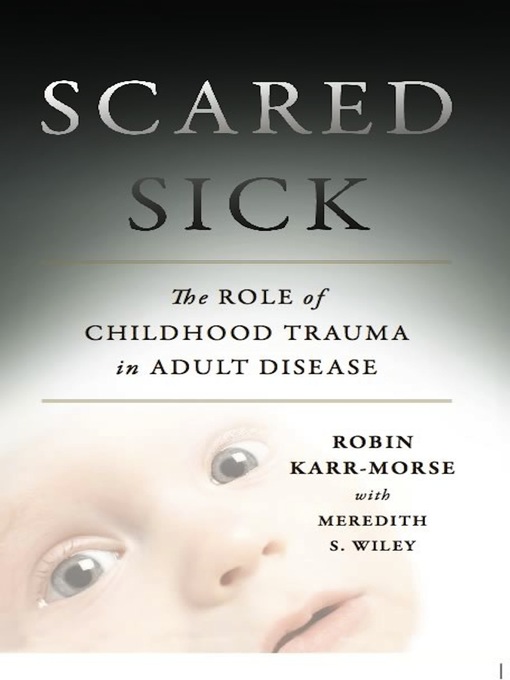- Try something different
- New eBook additions
- Most popular
- Dying to Read a Mystery
- Travel Guides
- Literacy Collection
- See all ebooks collections
- Try something different
- Available now
- New audiobook additions
- New kids additions
- New teen additions
- Listen to a Mystery
- Most popular
- See all audiobooks collections




